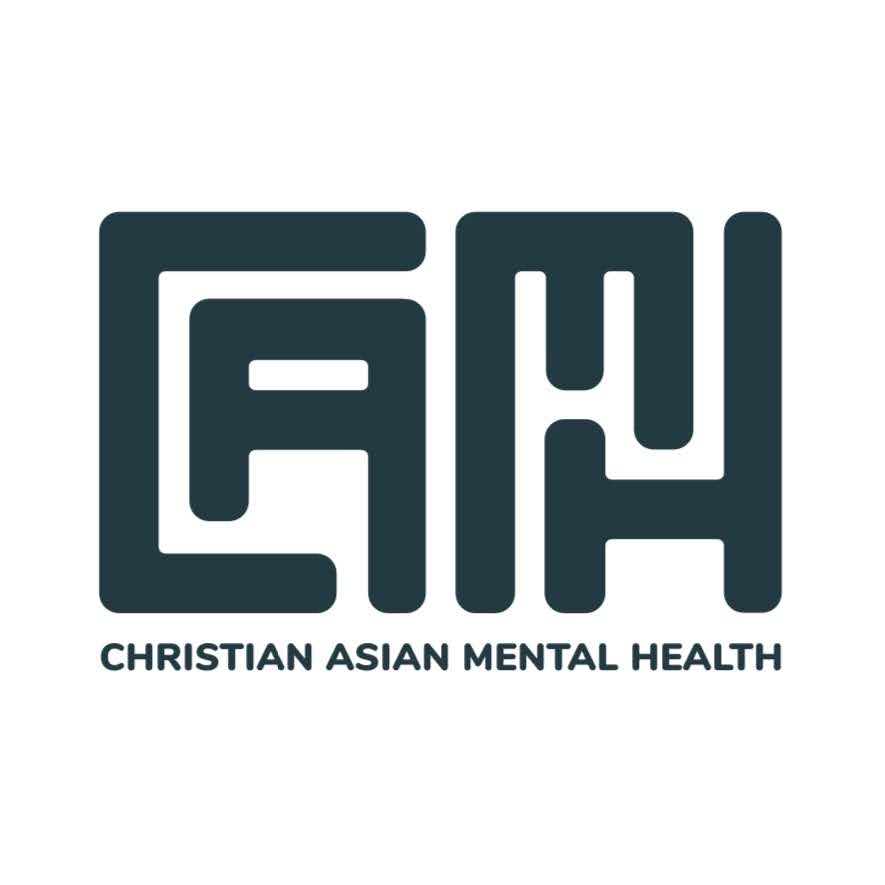Thanks to Asian American Christian Collaborative’s pioneering work in bringing Asian American Christians and friends of our communities together to be a more powerful witness for Jesus Christ in our world today, we just released the official announcement, AACC Is Launching Christian Asian Mental Health, on December 1, 2022.
We’ve had great response with social actions of many likes, with some shares and comments too. Our CAMH director DJ Chuang is starting to get contacted and meeting people online and in-person to talk about what partnering to co-create mental health ministry in local churches, so it’s happening in real-time as you read this!
Some of you may be wondering what’s next for CAMH after the announcement. Before we talk about, remember that the Erasing Shame podcast has released over 100 episodes with honest talk about healthy living—relationally, emotionally, mentally, and personally, including:
- a special series on mental health in Asian American communities
- a series on suicide during Suicide Prevention Month in September 2022
- a series about pastors’ mental health in October 2022 for Pastors Appreciation Month
Erasing Shame will continue releasing new episodes weekly to encourage Christian Asian mental health in many ways, with a curated blend of stories and educational information that helps both individuals, church leaders, and churches.
CAMH will be Building in Public
There’s a concept called building in public, best defined by Public Lab:
Building in Public is exactly what it sounds like. It means building a company, a product, or anything and sharing a lot of the transparent “behind the scenes” with its public audience.
As you follow along on this blog, we’ll transparently share our progress and process for how CAMH will advance compassion and care in faith communities for everyone’s mental health and wellness. This is a documentation (maybe a documentary one day, if God moves mightily and does far more than we can plan, dream, or imagine.)
So far, we’ve pivoted and refined the focus of the Erasing Shame podcast, so it now serves as the digital outreach for CAMH. And, we’ve got a name for this mental health initiative under the auspices of Asian American Christian Collaborative; this is an important piece to make our efforts sustainable and allow you to partner with us through financial support and to make a tax-deductible donation online.
CAMH Framework to Advance Compassion and Care
Here’s a short overview of what CAMH wil be doing in collaboration with others. CAMH serves in the role of being a personalized concierge, to connect church leaders with existing resources, since it’s considerably complicated and frankly overwhelming to figure out how to navigate the mental health system.
CAMH is starting with this framework to educate and empower local churches to host & provide a continuum of care:
- sermons to stop stigma
- stories to erase shame
- seminars to educate everyone, and
- support groups to care for the hurting
- sabbath for a healthy rhythm of rest and work
These 5 S’s go hand-in-hand as powerful companions to professional counseling (psychology) and pharmaceutical medications (psychiatry).
In our early conversations during the past month, since we informally and unofficially started this mental health initiative for Asian American Christians, we’ve heard some other great ideas that we want to make a note of and incorporate at the right time and in the right way, like mental health support for pastors, scholarship for continuing education and training up race-conscious culturally-competent Asian American counselors, psychologists, and psychiatrists, and activating more Asian American Christian generosity that will launch and sustain more nonprofit efforts that extend our Christian witness and Kingdom impact beyond our church walls.
CAMH is just getting started
That’s the update for tonight. A couple things we’ll talk about in upcoming posts: what about the different convictions that churches have about theology and psychology? How can Asian and Asian American churches become safe places for those who struggle with mental health? What about the issue of sexual and gender identity? What if the church has toxic theology or even abuse?
